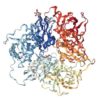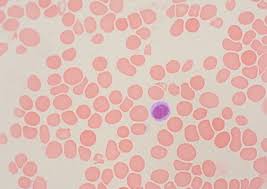CBC – Complete Blood Count
$35.00
Complete Blood Count #85025
Complete Blood Count (CBC) Blood Test
A complete blood count (CBC) is a blood test used to evaluate your overall health and detect a wide range of disorders, including anemia, B12 and folate deficiency, parasites and other infections, dementia risk.
Low values of MCV and MCH can suggest iron deficiency anemia, where there is not enough iron in the body to produce hemoglobin, resulting in smaller and less hemoglobin-containing red blood cells.
Elevated levels of MCV and MCH can indicate megaloblastic anemia, which is caused by a deficiency in Vitamin B12 or Folate. In this case, red blood cells become larger and contain more hemoglobin.
The test also measures the count of white blood cells, which can be high or low in certain diseases or conditions. Specific types of white blood cells, such as eosinophils, basophils, and lymphocytes, can indicate different health problems.
For example, elevated levels of basophils can suggest allergic reactions, inflammatory diseases, blood disorders, or parasitic infections.
Elevated levels of lymphocytes can indicate viral infections, autoimmune diseases, or cancer.
Elevated eosinophil levels can indicate allergies or parasitic infections.
Learn More about CBC, particularly as it relates to white blood cells and inflammation.


